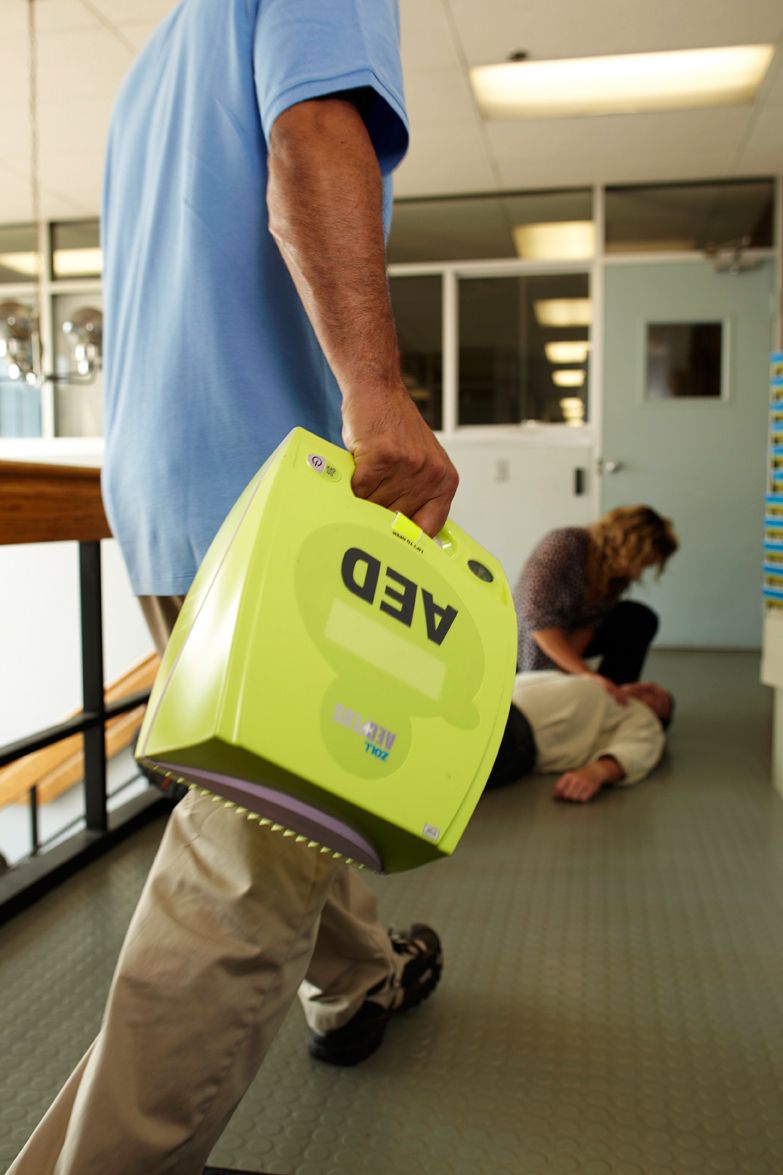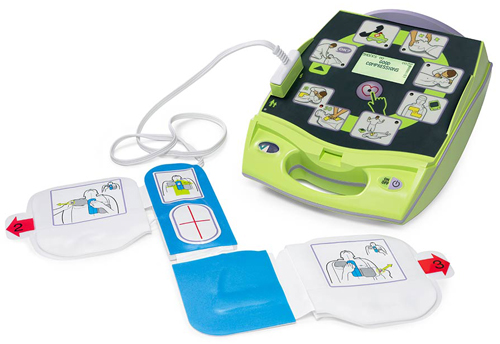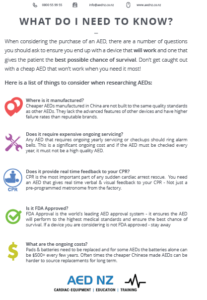
Choosing the Right AED: Regulatory Approval, Safety Standards and What to Look For
Selecting an automated external defibrillator requires more than comparing price tags. Buyers in New Zealand must ensure that the device meets regulatory standards and includes features that maximise the chance of survival. Here’s what to consider:
Regulatory Approval
- FDA Approval: AEDs approved by the U.S. Food and Drug Administration have undergone rigorous testing and certification to prove that they perform as advertised.
- MedSafe Certification: MedSafe is New Zealand’s Medicines and Medical Devices Safety Authority. Certification confirms that the AED meets local safety standards.
- TGA Approval: Devices approved by Australia’s Therapeutic Goods Administration meet international safety criteria. Since many AEDs sold in New Zealand are also marketed in Australia, TGA approval provides another layer of assurance.
Choosing a device without recognised approval is risky. Unapproved products may not perform reliably, and they could violate import regulations.
Essential Features
- Voice and visual prompts: The AED should guide rescuers through each step with clear audio instructions and visual icons. Visual cues are especially important in noisy environments.
- Real-time CPR feedback: Devices like the ZOLL AED Plus provide verbal and visual feedback on compression depth and rate, helping even inexperienced responders deliver effective CPR.
- Self-testing: Automatic self-checks of pads, batteries and circuitry ensure the device is ready to use.
- Durability: Look for an IP rating of 55 or higher, indicating resistance to dust and water.
- Pediatric capability: If children may need treatment, choose an AED with a pediatric mode or specialised pads.
Cost vs. Value
While cost is a factor, don’t sacrifice life-saving features for a lower price. Cheaper devices often lack real-time CPR feedback and may have short consumable life, increasing long-term costs. Ensure that replacement pads and batteries are readily available and affordable. Consider the warranty and whether the supplier offers ongoing support.
Compliance and Duty of Care
Employers in New Zealand have a duty to provide appropriate first-aid facilities under the Health and Safety at Work Act. WorkSafe New Zealand recommends having an AED on-site when ambulance response may be delayed or when specific risks exist. Investing in a reliable AED not only supports compliance but also demonstrates a commitment to staff and visitor safety.
Choosing the right AED involves balancing cost, compliance and features. By prioritising regulatory approval and essential life-saving technologies, buyers can select a device that will perform when it matters most.
We recommend the ZOLL AED Plus Defibrillator
-
Compliant with New Zealand Resuscitation Council Guidelines
-
FDA Approved
-
ECG monitoring capability built into every device
-
Lowest cost of ownership
-
No yearly servicing plans or ongoing maintenance required
-
5 Year battery & pad life
-
7 Year Warranty
-
IP55 Rated
-
Made in USA


